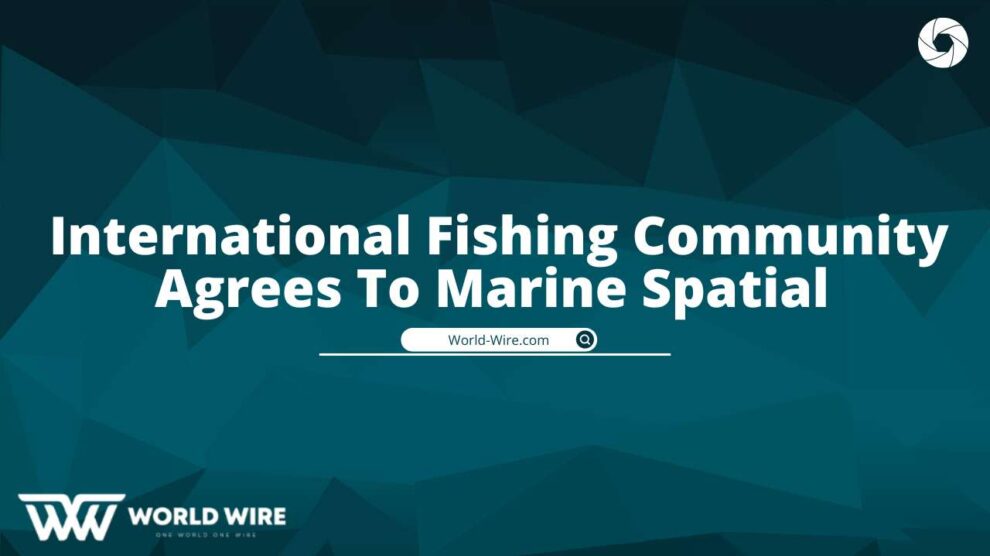A 12-point action plan on marine spatial planning (MSP) and bycatch mitigation was presented at the 5th International Fishers Forum (IFF5) in Taipei Thursday by over 300 participants from the fishing industry, governments, academia and conservation organizations. As a result of these actions, fishing interests will be included in ongoing efforts to use MSP to manage human activities as well as continuing previous efforts to reduce unwanted fishery interactions with sea turtles, seabirds, sharks, non-target finfish and marine mammals.
A MSP is defined as “a public process that analyzes and allocates the spatial and temporal distribution of human activities in marine areas in order to achieve ecological, economic and social objectives that have been determined by a political process.” Similar to land-use planning, MSP can also be used to avoid and minimize conflicts, as well as to sustain ecosystem functioning and services.
A successful mitigation of marine pollution, the spread of invasive alien species, climate change and other factors adversely affecting the fishing industry and marine biodiversity can be achieved if the fishing and broader seafood industries initiate or improve coordination with other industries that use and affect marine resources, according to the IFF5 declaration.
This was the fifth meeting of the International Fisheries Forum, convened by the Hawaii-based US Western Pacific Regional Fishery Management Council and the Taiwan Fisheries Agency. The IFF first convened in New Zealand a decade ago, followed by meetings in Hawaii, Japan, and Costa Rica.
A number of actions were agreed upon at IFF5 including making sure the fishing industry has a voice in MSP and management decisions, incorporating mechanisms for reviewing efficacy and responding to changing conditions in MSP initiatives, and taking into account socioeconomic effects on fishing communities. Also included in the declaration are directions on how regional fisheries management organizations can identify high-relative-importance areas on the high seas and seabed.
The whole declaration is available on the IFF website at www.fishersforum.net, along with its action items, program and abstracts, and speakers’ biographies.
Geoff McPherson and Tom Nishida were recognized at the Forum for their ongoing investigation of the behavior of the false killer whale, a large dolphin commonly referred to as a false killer whale, especially their echolocation skills as they hunt around longlines. Taiwan was also given a second award for banning the whale shark fishery in 2008.

Subscribe to Email Updates :







Add Comment